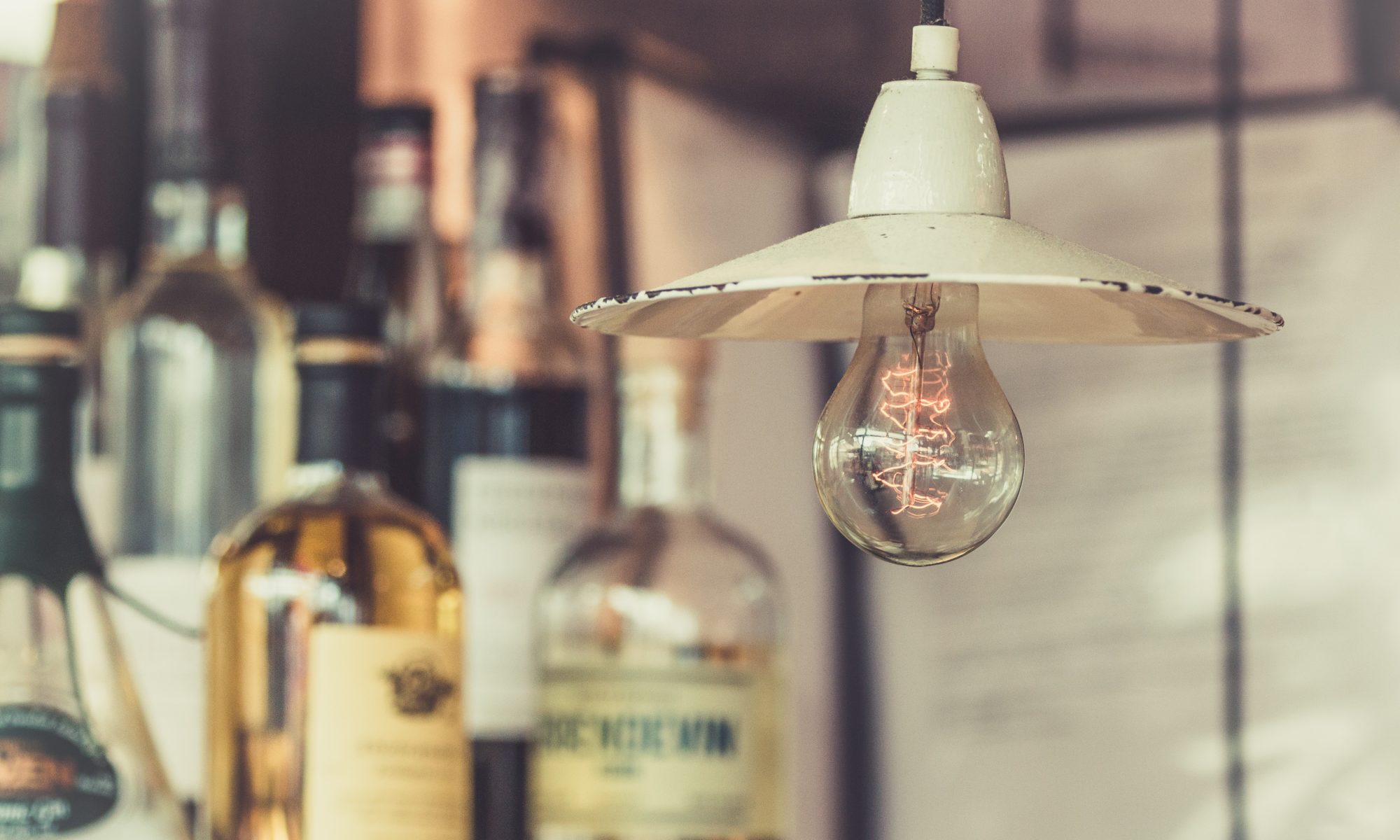
Tequila. For some people the name conjures up images of lost weekends in Tijuana, wild nights at college parties, or self-medicating visits to dingy bars when life got too much to bear.
That was then, this is now. The market for the one-time outlaw alcohol continues to expand, with the 100 percent pure blue agave leading the pack. Tequila has gone mainstream and upscale in a big way.
Tequila has its unique points. For one, there are no vintage years because tequila is made year-round from a plant that takes eight to 12 years to mature and its ripeness doesn't depend on the climate of one particular year. However, the weather obviously plays a major role year after year on the quality of the blue agave plants.

Once the best plants are selected, workers cut off the outer layers to reveal the pina, the pineapple-like heart of the plant, roasting it, with a clay oven -- the most traditional and the best way to heighten flavor.
Just as true champagne can only be made in Champagne, France, true tequila can only be produced in the Tequila region of Mexico and must meet stringent government regulations. It is made in two general categories:
•Tequila 100 percent Agave: Must be made only with the juice of the blue agave plant and must be bottled at the distillery in Mexico. It may be Blanco, Reposado, Añejo or Extra Añejo.
• Tequila: Must be made with at least 51 percent blue agave juices. It may be exported in bulk to be bottled in other countries following the NOM standard. It may be Gold, Blanco, Reposado, or Añejo.
NOM, the official Mexican product safety requirements, defines four types of tequila:
• Oro, or Gold: Modified by adding colorings and flavorings, caramel the most common. Widely preferred for frozen Margaritas.
• Blanco, or Silver: The traditional tequila. Clear, transparent, fresh from the still. Must be bottled immediately after the distillation process.
• Reposado, or Rested: Kept in previously used white oak casks for two to 11 months. Much mellower than blanco. It's pale in color with a gentle bouquet.
• Añejo, or Aged: Matured in white oak casks for a year or more. Maximum capacity of the casks should not exceed 159 gallons. Amber color, oak notes.
• Extra Añejo or Extra Aged: Similar to Añejo but matured for a minimum of three years. The flavors of this tequila a reminiscent of a good whiskey or cognac with mellow agave flavors coming through.
At CRAFTED we only carry 100% Agave Tequila.


You must be logged in to post a comment.